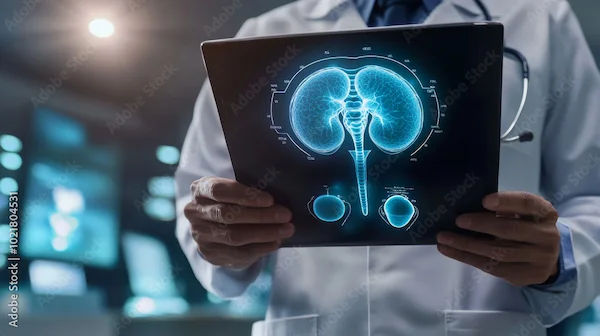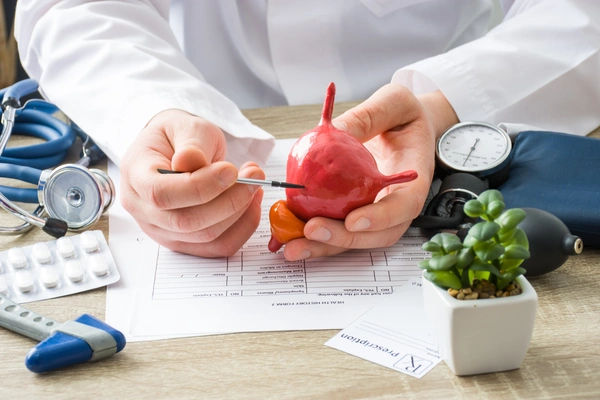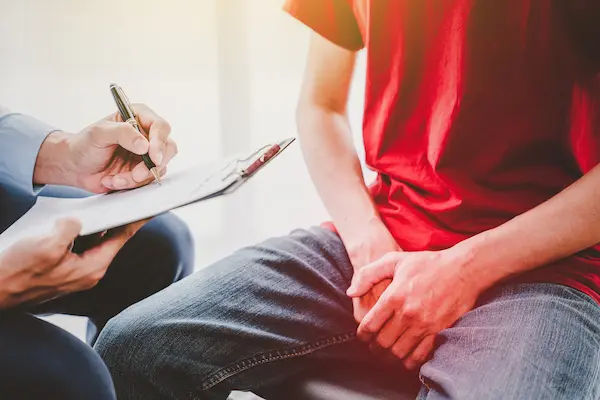- male
- 38 Years
- 14/08/2025
I'm a 38-year-old guy just diagnosed with kidney stones and the doctors say the stone is too big to pass on its own so they're recommending surgery with a stent Can you explain how the stent actually helps with stone removal and what kind of side effects I might expect from having it put in
More Urology Health Queries
View allI had kidney stone removal surgery 3 weeks ago and the stent was taken out 5 days back. For the past two days my ear has been hurting and the left side of my face feels dull and numb. Could this be from the antibiotics? If I stop taking them will it go back to normal or do I need some other treatment?
It's possible your symptoms are related to the post-surgical recovery process, particularly stent removal, and could be due to the medication. However, it's crucial to seek advice from your doctor to determine the cause and appropriate treatment. While discontinuing the antibiotics could potentially alleviate some symptoms, it may not resolve the issue if it's a separate complication.
Answered by 1 Apollo Doctors
Whenever I drink water, I seem to need to urinate almost immediately, and it's starting to make me a bit anxious. I'm a 22-year-old male. Is this something I should be worried about?
Its natural to urinate after drinking water, but if you're noticing it happening very frequently or urgently, it might be worth keeping an eye on. Sometimes, increased frequency can be linked to hydration levels, diet, or even stress. If it continues or worsens, it could be a good idea to consult a doctor just to rule out any underlying issues.
Answered by 1 Apollo Doctors
Found a 5.8mm kidney stone in my left kidney. Should I consider surgery or will medication work? Worried about the best way to handle this. What do you suggest?
A 5.8 mm kidney stone in the left kidney may not require immediate surgery. Many stones of this size can pass naturally or be managed with medication. However, it's crucial to consult with a doctor for a proper diagnosis and personalized treatment plan.
Answered by 1 Apollo Doctors
Disclaimer: Answers on Apollo 247 are not intended to replace your doctor advice. Always seek help of a professional doctor in case of an medical emergency or ailment.






